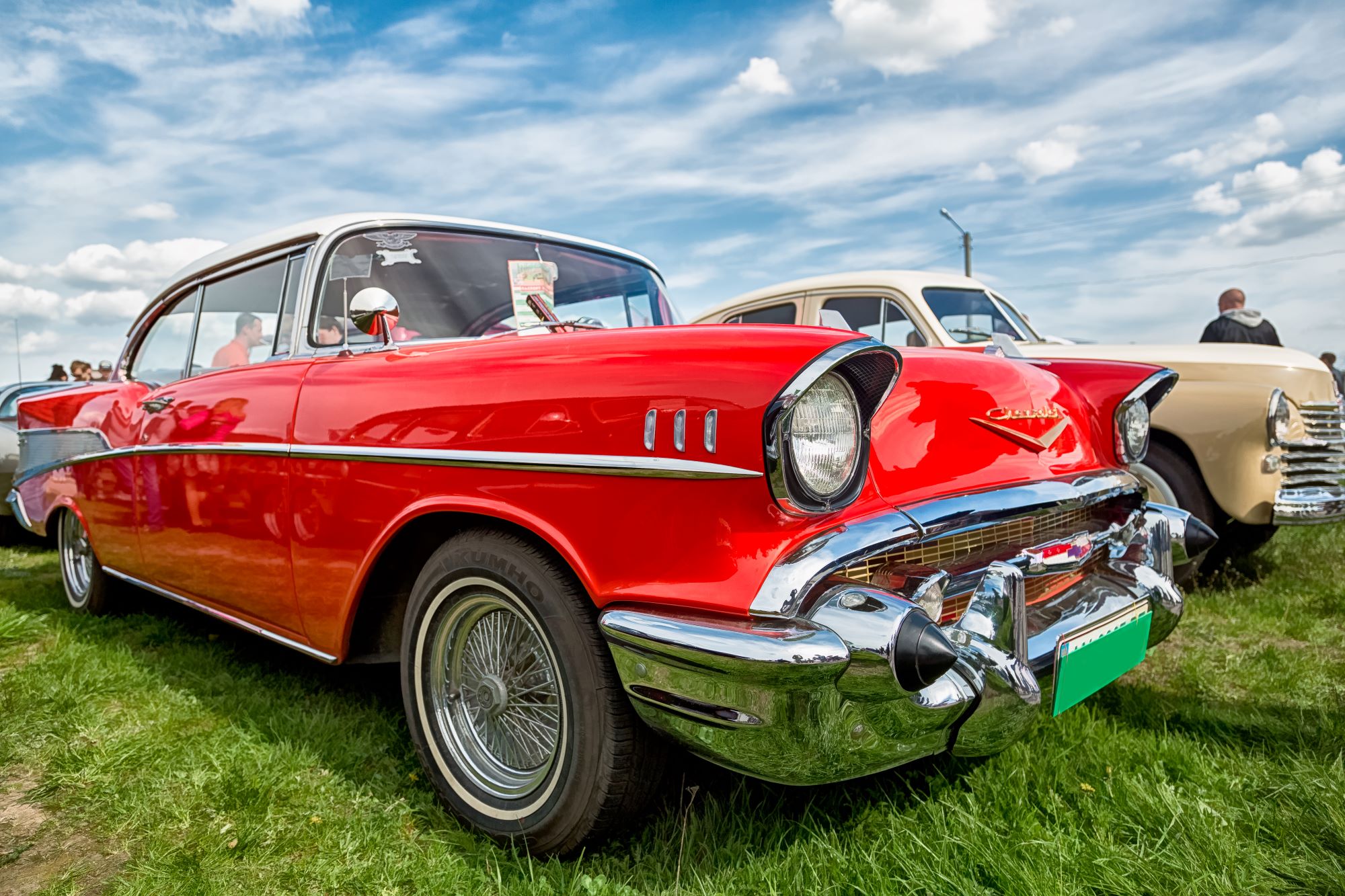79tka Insights
Your go-to source for the latest news and information.
Revving Up Nostalgia: Why Classic Cars Never Go Out of Style
Discover why classic cars ignite nostalgia and remain timeless treasures. Dive into the allure that keeps these beauties on the road!
The Timeless Appeal of Classic Cars: What Makes Them So Special?
The timeless appeal of classic cars lies in their unique blend of style, craftsmanship, and nostalgia. Unlike modern vehicles, classic cars boast designs that reflect the artistry of their era, making them not just modes of transportation but also symbols of history. For enthusiasts, each classic car tells a story, celebrating the innovations and cultural trends of its time. The rich, intricate details found in classic cars—such as the iconic tail fins of a 1959 Cadillac or the elegant curves of a 1962 Ferrari—serve as a reminder of an age when cars were not only functional but also expressions of personality and prestige. For more insights into the design significance of classic cars, check out [Hagerty's Classic Car Investment Guide](https://www.hagerty.com/media/market-trends/the-classic-car-investment-guide/).
In addition to their aesthetic value, classic cars evoke a sense of nostalgia that resonates deeply with car enthusiasts and collectors alike. They kindle memories of a bygone era, often linking individuals to personal experiences or family histories. Many enthusiasts find joy in restoring these vehicles to their former glory, keeping the legacy alive for future generations. Moreover, the community surrounding classic cars fosters a sense of camaraderie among owners and enthusiasts who share a passion for preservation and appreciation. For those curious about the community aspect, the [Classic Car Club of America](https://www.classiccarclub.org/) offers a wealth of resources and connections. Thus, the timeless appeal of classic cars lies not only in their beauty and history but also in the connections they forge among people.

Iconic Models: A Look at the Classic Cars That Defined Generations
Iconic models have always played a significant role in the automotive industry, shaping not only engineering standards but also the cultural landscape of their times. From the sleek lines of the Ford Mustang introduced in the 1960s to the revolutionary design of the Volkswagen Beetle, these classic cars have left an indelible mark on generations. Each model represents a unique blend of innovation, style, and historical significance, underscoring the evolution of automotive design and technology.
The impact of these classic cars extends beyond performance and aesthetics; they often symbolize the aspirations and desires of the eras in which they were created. For instance, the Chevrolet Corvette has become synonymous with American freedom and speed since its debut in 1953. Meanwhile, the Porsche 911, introduced in the early 1960s, continues to be a benchmark for performance sports cars. These vehicles not only highlight the best of their time but also continue to inspire new generations of automotive enthusiasts.
Maintaining Your Classic Car: Tips for Preserving Automotive History
Maintaining your classic car requires a combination of regular maintenance and attention to detail to ensure that these pieces of automotive history remain in peak condition. Start by following recommended maintenance schedules for your specific make and model. This includes regular oil changes, tire rotations, and fluid checks. Additionally, consider investing in high-quality parts and products designed specifically for classic vehicles to preserve their authenticity and performance. When storing your car, ensure it is kept in a climate-controlled environment to prevent rust and deterioration.
Another important aspect of maintaining your classic car is regular cleaning and detailing. Wash your car with gentle soap to avoid stripping away protective wax layers and to maintain the paint's integrity. It’s also vital to protect the interior by using UV protectants and keeping it covered. Finally, engage with communities focused on classic cars, such as local clubs or online forums, to share experiences and gain insights from other enthusiasts who understand the significance of preserving automotive history. Staying connected with others can also provide opportunities for mentorship as you continue your restoration journey.